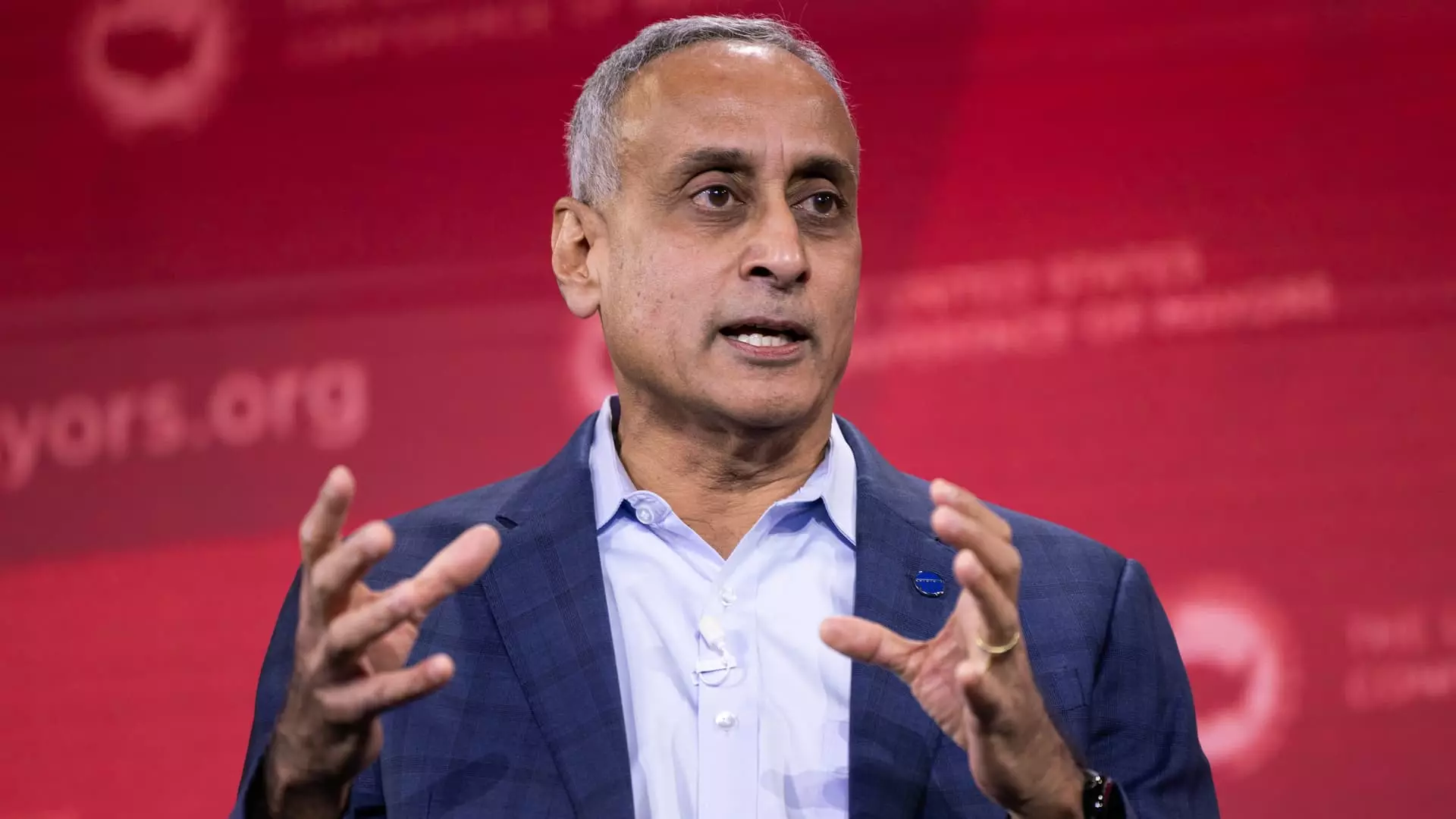In a significant restructuring of its executive team, Google has announced that Nick Fox will be taking over from Prabhakar Raghavan as the head of the search and ads division. This change is not just a mere reshuffling; it reflects a focused strategy to adapt to the rapidly evolving landscape of artificial intelligence (AI) and search technologies. Raghavan, who has been with the company for over a dozen years, will step into the role of chief technologist, where he is expected to provide guidance and technical expertise to enhance Google’s tech-driven culture. This transition was confirmed by Alphabet CEO Sundar Pichai in a recent blog post, emphasizing the need for a fresh approach as the company faces increasingly stiff competition in the tech arena.
The timing of this change is crucial, as it comes amidst growing competition in the AI sector and various antitrust challenges against Google’s operations in search and advertising. Raghavan’s shift was characterized by Pichai as a decisive step for him personally, suggesting that a new perspective is essential for Google’s next phase of growth. In his new capacity, Raghavan will maintain a close working relationship with Pichai and engage with other Google leaders to drive innovation and excellence in technological pursuits. This alignment indicates a strategic intent for collaboration and mentorship that could shape the future of AI at Google.
Nick Fox: A Veteran with a Vision
Nick Fox, who has been part of Google’s journey since 2003, brings a wealth of experience to his new role. His background as the vice president of product and design for Google Assistant positions him well to integrate AI advancements into Google’s wide array of products. Pichai highlighted Fox’s involvement in shaping AI product strategies, underscoring the importance of continuity in leadership as the company evolves its product offerings. With an established history at Google, Fox’s deep understanding of both search algorithms and customer experience may well place him at the forefront of driving Google’s ambitious vision forward.
Significantly, this leadership shift is accompanied by a broader restructuring of teams within Google. The integration of the Gemini app team into Google DeepMind, under the direction of AI pioneer Demis Hassabis, suggests a strategic push to enhance coordination and accelerate the deployment of innovative AI solutions. By aligning teams closely with product development, Google is poised to harness the full potential of its AI capabilities in a market that is changing rapidly. This strategic alignment will likely foster a more agile and responsive organizational culture, essential for competing in the fast-paced tech environment.
As Google embarks on this new chapter with fresh leadership and a realigned focus on AI, the company seems committed to overcoming the multifaceted challenges it faces in the tech industry. The moves made in leadership roles and team structures signify a concerted effort to remain at the forefront of innovation while also responding to competitive pressures and regulatory scrutiny. This evolving strategy will be critical not only for Google’s operational success but also for maintaining its position as a leader in the ever-changing landscape of technology.


Leave a Reply
You must be logged in to post a comment.